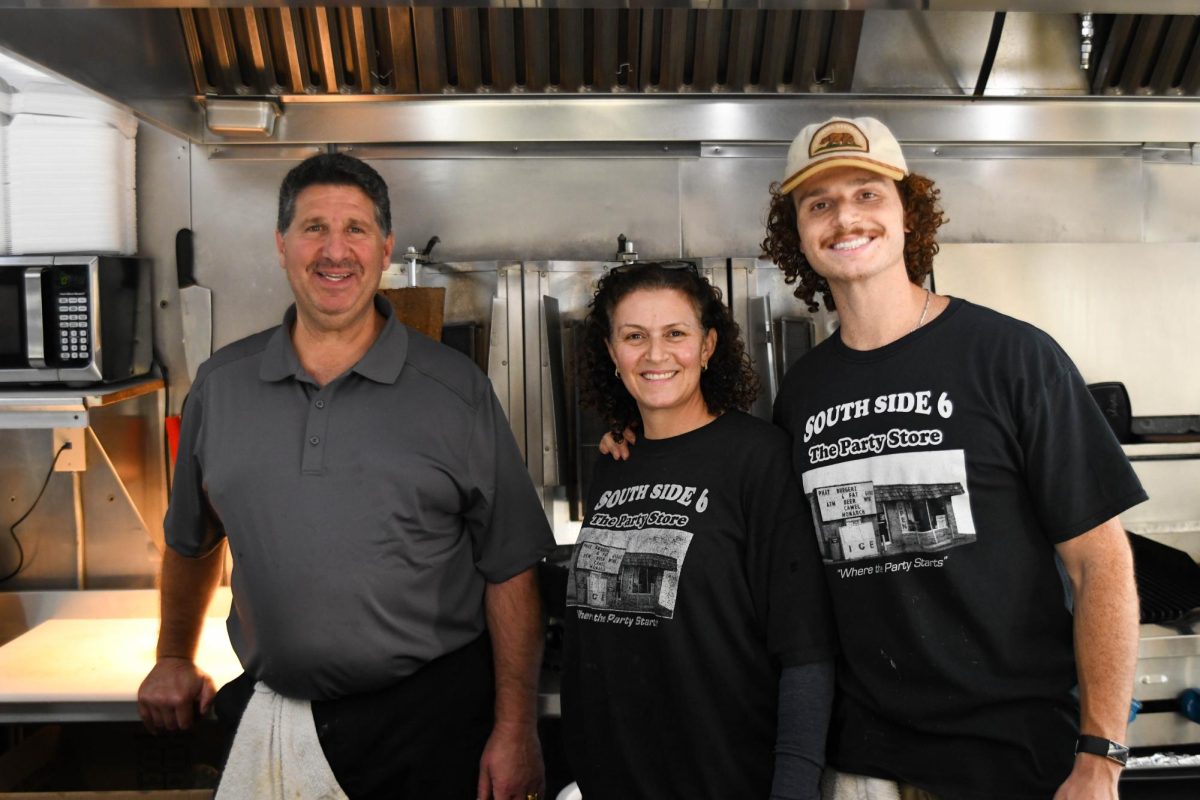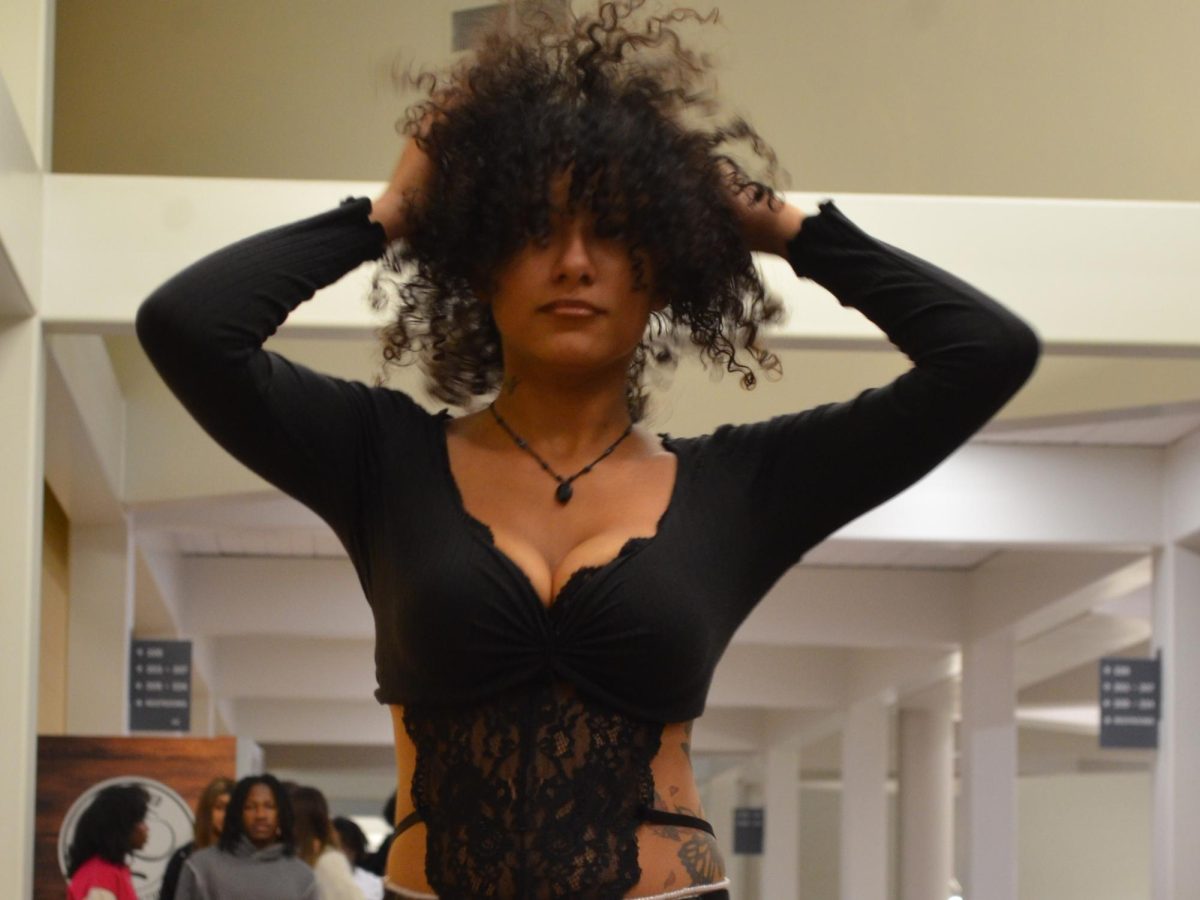BRASILIA, Brazil – President Bush didn’t name names yesterday when he called on Latin Americans to boldly defend strong democratic institutions and reject any drift back to the days of authoritarian rule.
But his remarks were a clear jab at Venezuelan President Hugo Chavez. The leftist leader and friend of Cuba’s Fidel Castro spent the past two days hurling criticism at the United States at the Summit of the Americas in Argentina.
Eyeing three upcoming presidential elections in Latin America, Bush said citizens must choose “between two competing visions” for their future.
One, he said, pursues representative government, integration into the world community and freedom’s transformative power for individuals.
“The other seeks to roll back the democratic progress of the past two decades by playing to fear, pitting neighbor against neighbor and blaming others for their own failures to provide for the people,” he said. “We must make tough decisions today to ensure a better tomorrow.”
Bush also urged Brazil, the continent’s largest economy, to use its considerable regional influence to prod into reality a U.S.-backed Free Trade Area of the Americas. Bush believes such a free-trade zone stretching from Alaska to Argentina would create jobs and lift the region’s 220 million poor to better lives.
That could be a tall order for Brazil.
At the Americas summit, the United States and 28 other countries supported setting a date to restart negotiations on creating the trading bloc. But because Brazil and four other nations preferred to wait for world trade negotiations to take place in December, no agreement was reached on new talks.
So yesterday, Bush appeared determined to move on from the divisions over the FTAA talks and focus on those World Trade Organization negotiations in Hong Kong. The talks are aimed at cutting tariffs worldwide.
In the hopes that success in the global talks would invigorate the FTAA’s chances, Bush said he agrees with Silva that the United States must drop agriculture subsidies so it is easier for farmers in the developing world to compete. Bush said the United States promises to reduce and then eliminate those “trade-distorting subsidies” – as long as Europe does the same.
“Only an ambitious reform agenda in agriculture, and manufactured goods, and services can ensure that the benefits of free and fair trade are enjoyed by all people in all countries,” Bush said.
The U.S.-led invasion of Iraq revived memories of the “gunboat diplomacy” era of U.S.-Latin American relations of a century ago. There also has been deep concern about the failure to find the weapons of mass destruction that Bush alleged Iraq had. Disclosures of prisoner abuse by U.S. soldiers in Iraq and elsewhere added strains.
“I fully understand there’s, at time, a view of America that is, in my opinion, not an accurate view,” Bush said earlier in the day at a round-table with young Brazilian leaders.
Bush had good reason to make his push for freer trade, a better image for the United States and democracy here. Brazil has influence with Venezuela and in Bolivia where the leading candidate in the Dec. 4 presidential election is the founder of the Movement Toward Socialism political party. Evo Morales has pledged to decriminalize the coca crop and end the U.S.-backed drive to end its cultivation.







